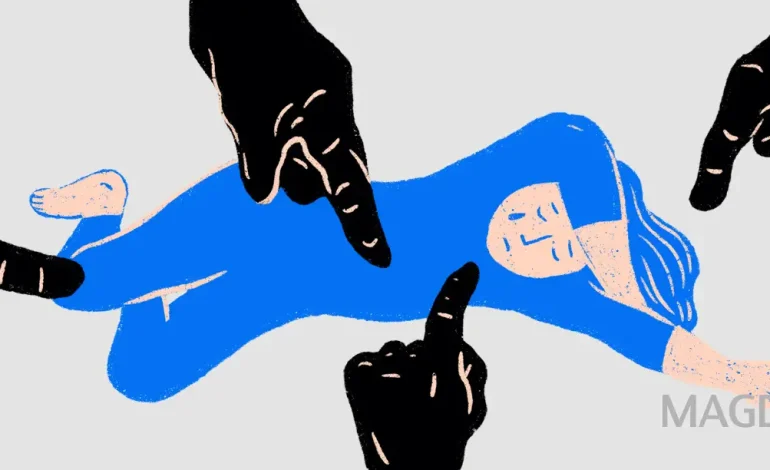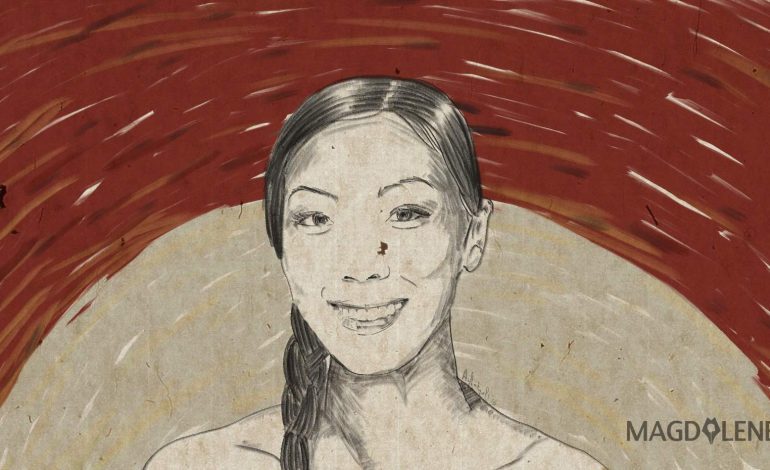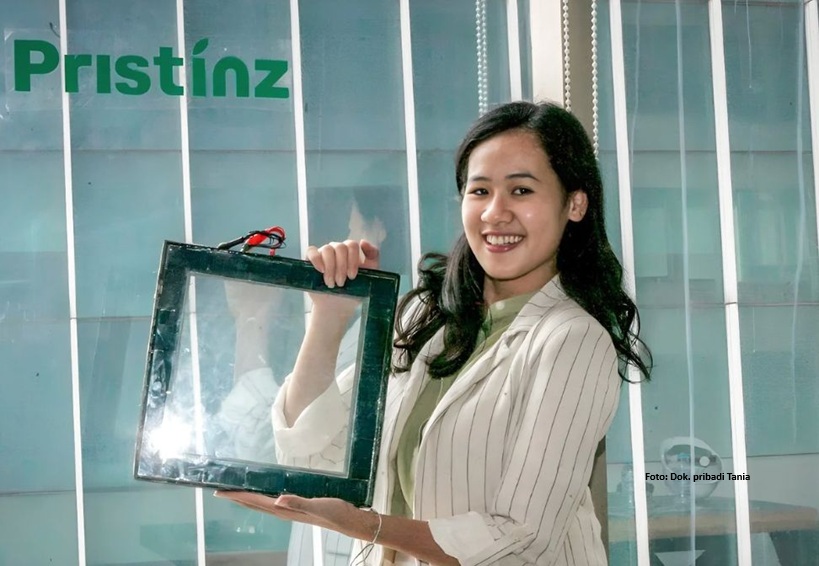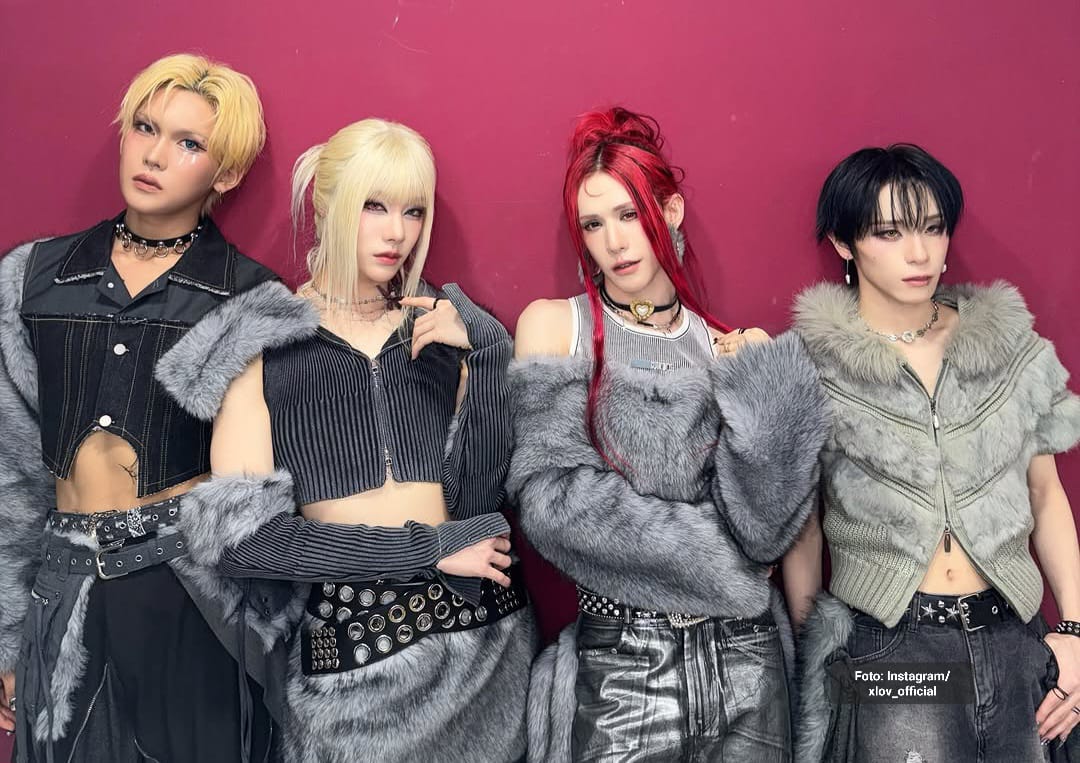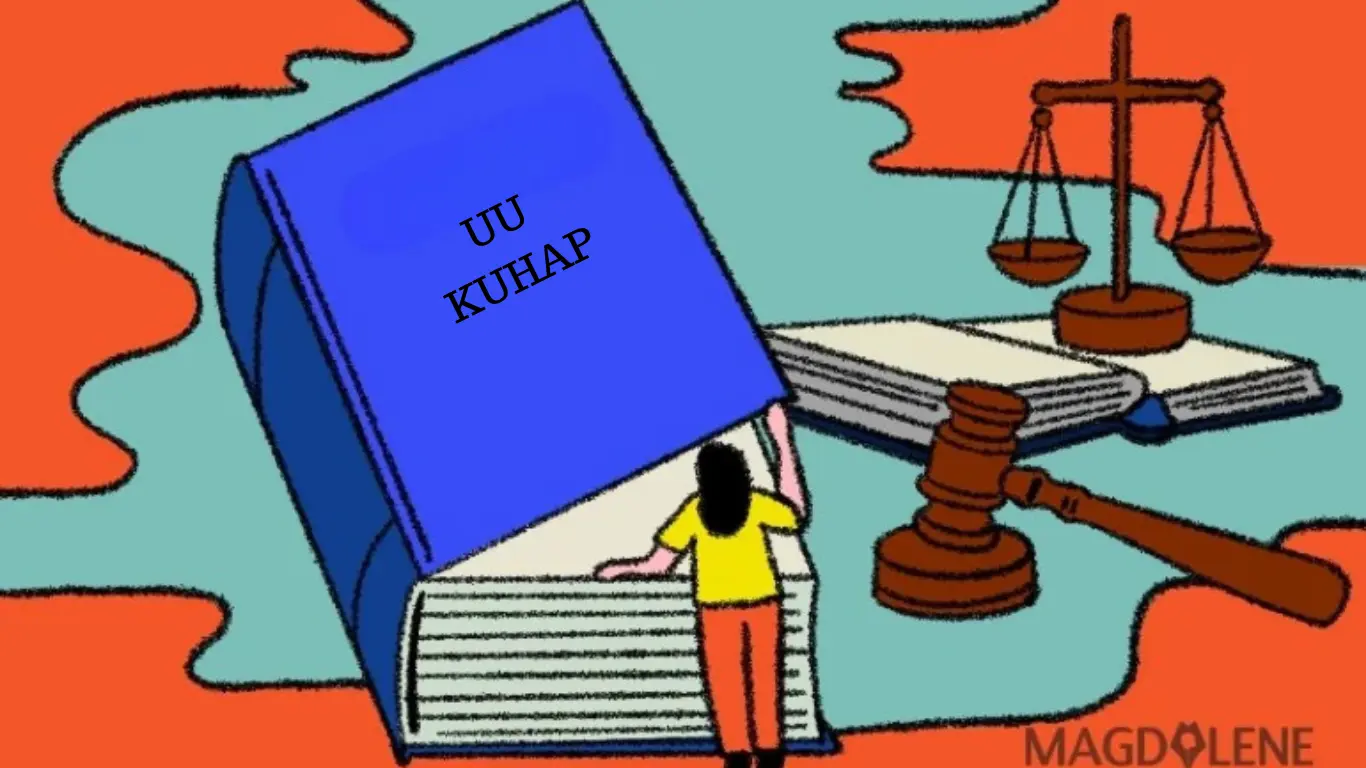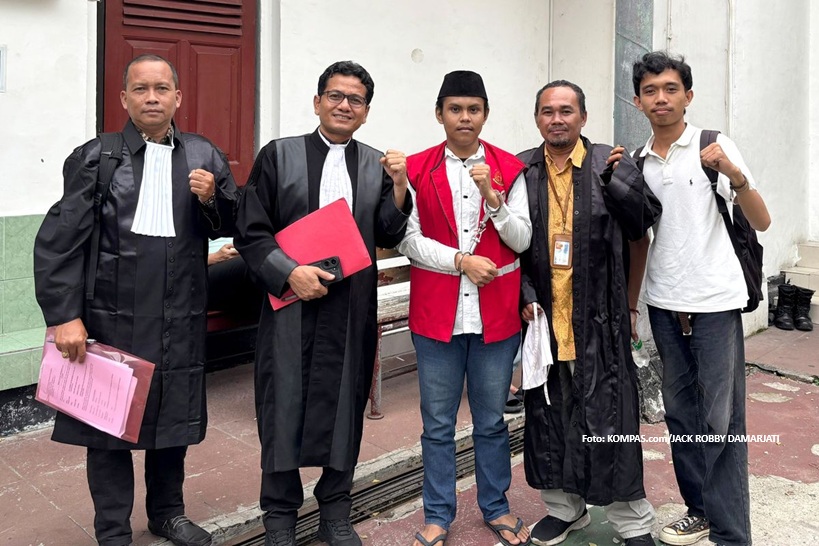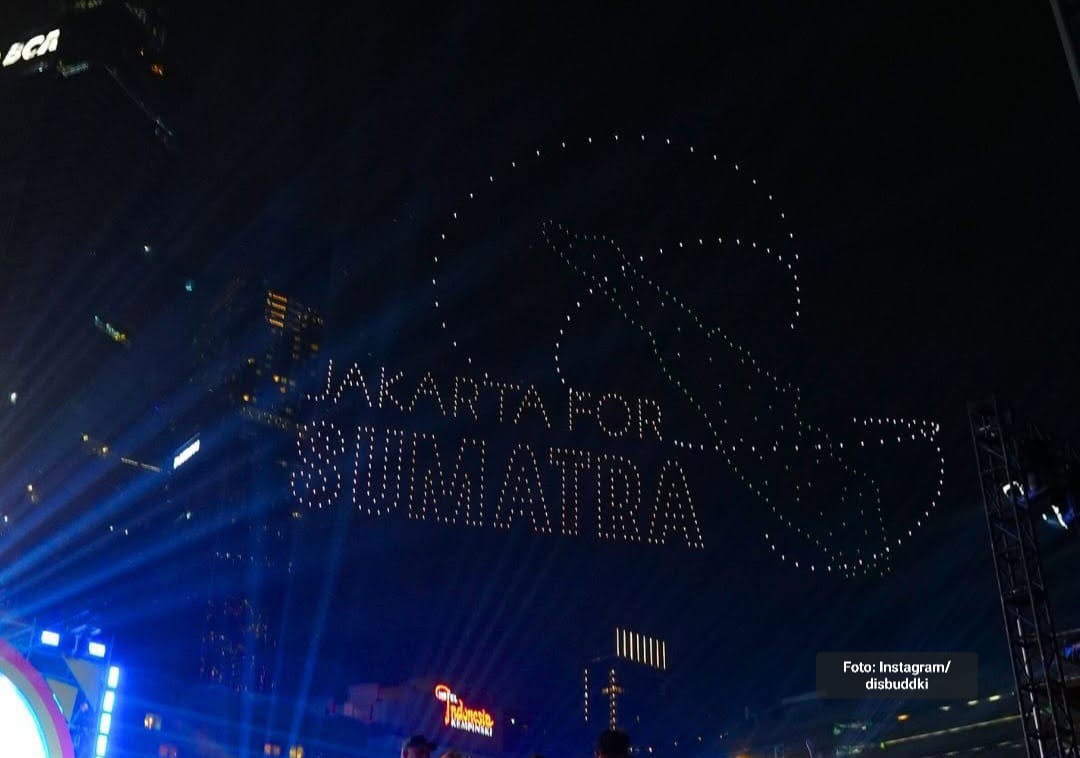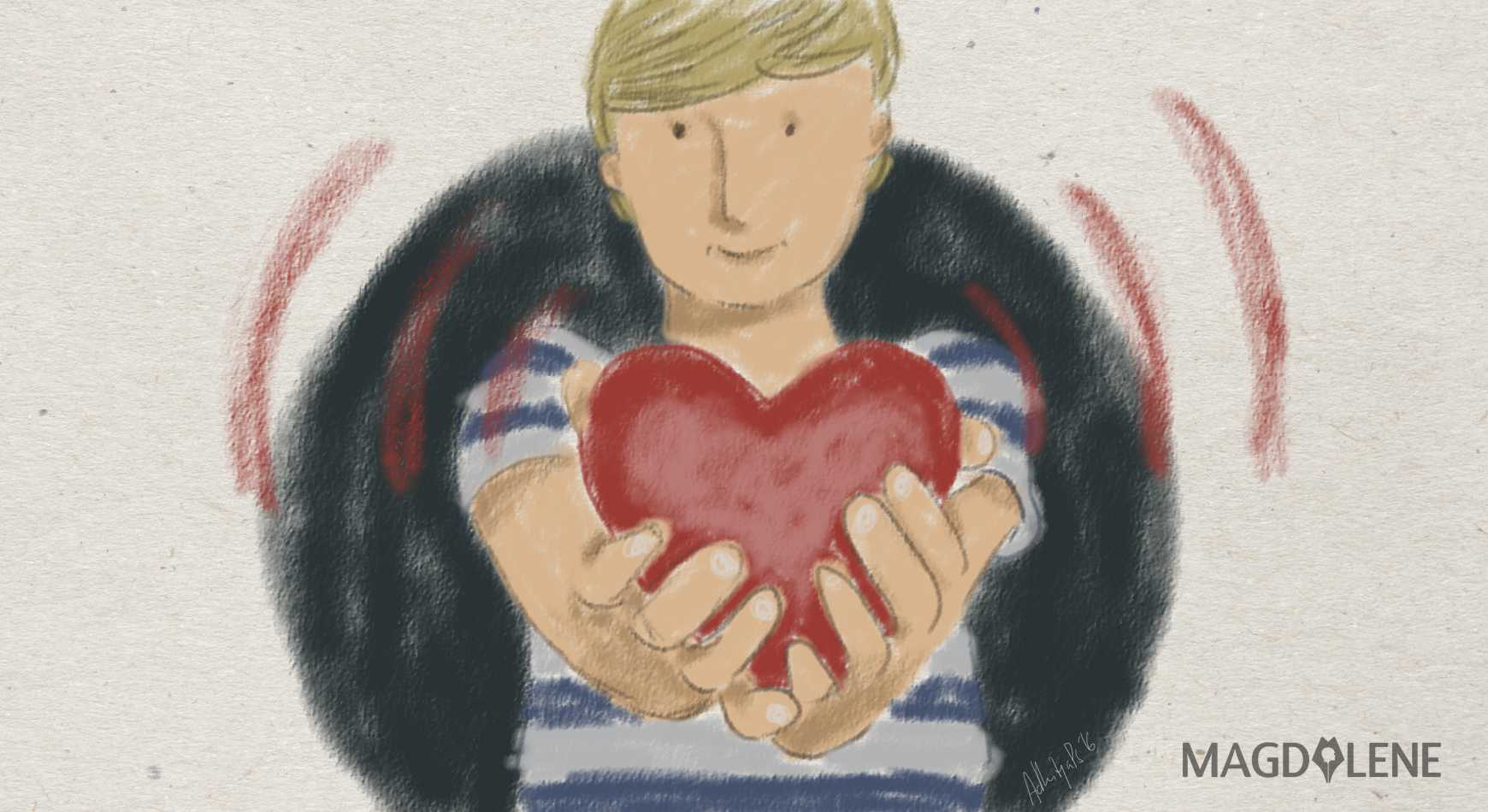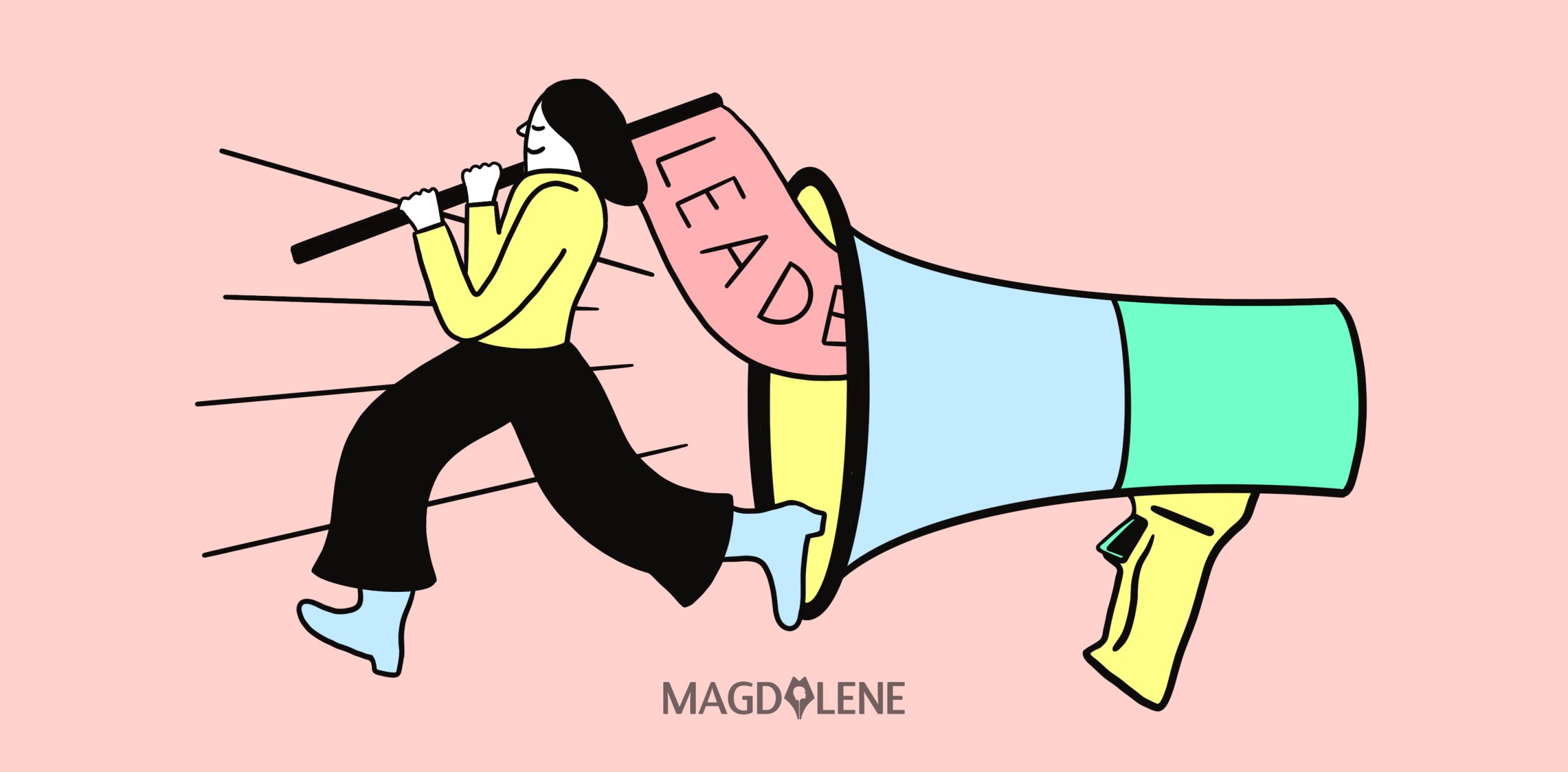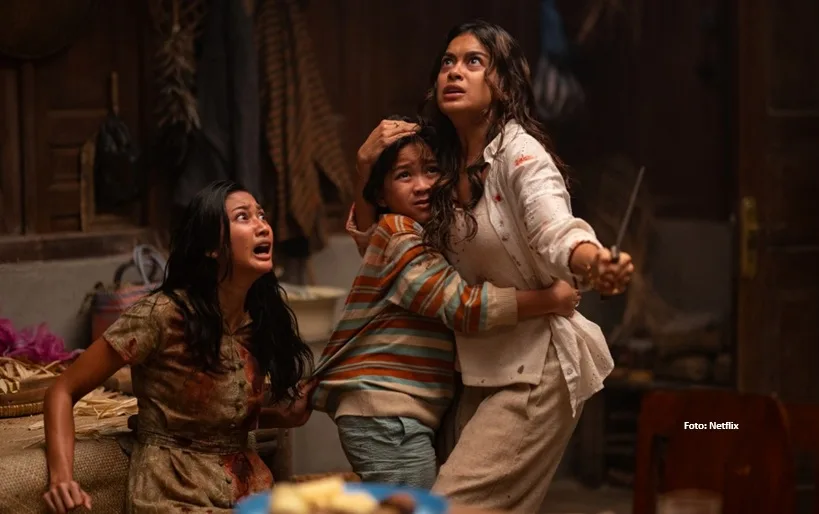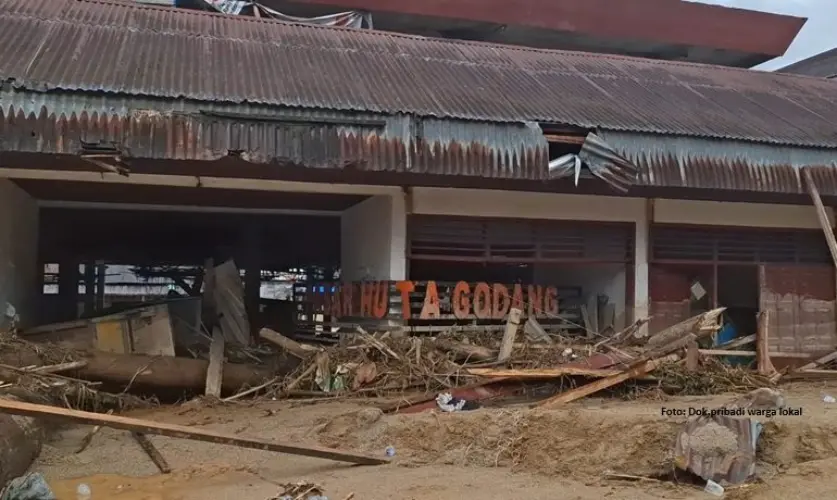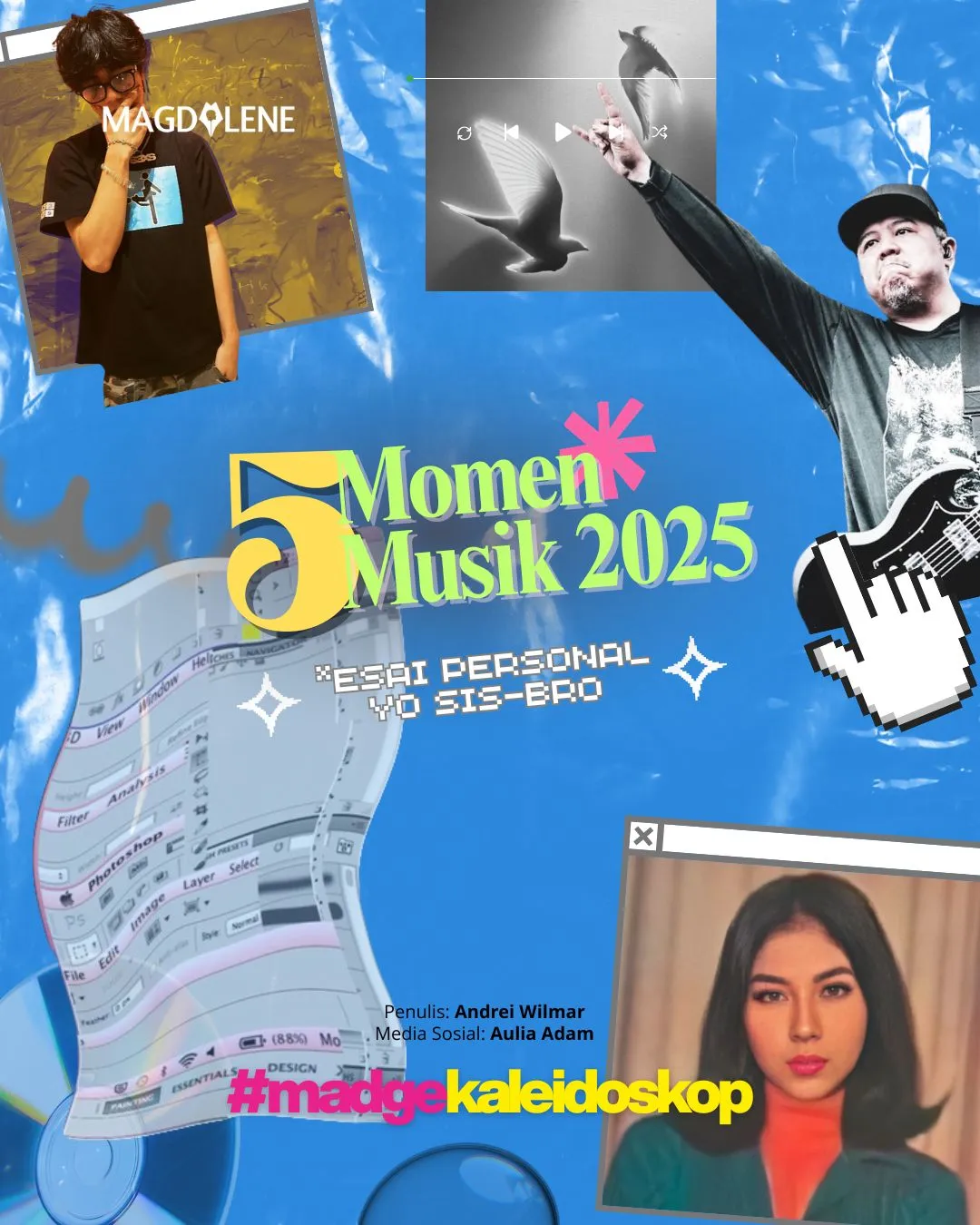Taiwan’s Lifestyle Group LEZS Mainstreams Queer Acceptance and Representation
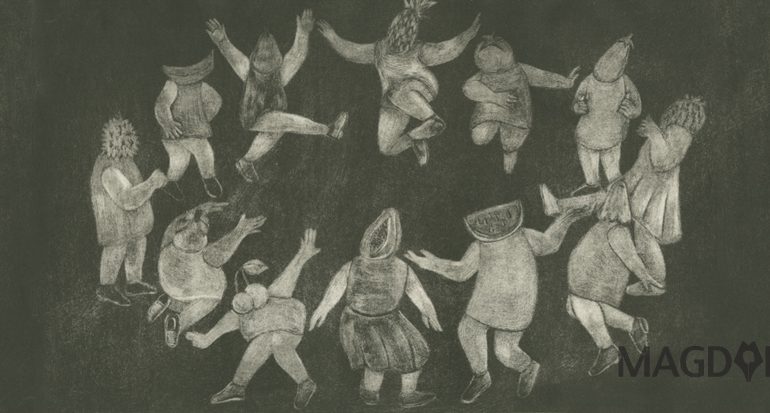
I had just arrived in Taiwan for a few weeks and decided to explore some of the queer shops in Taipei. It was at a shop catering to the lesbian community in Zhongzheng District that I first saw a copy of LEZS magazine.
The magazine cover was made of shiny, expensive glossed paper. I picked it up, flipped through the pages and, let’s just say I was not entirely prepared to see what I saw next: a series of remarkably attractive queer women, confidently posing in suits and dresses. Everything was highly fashionable and unapologetically lesbian.
Hailing from Indonesia where queer people are persecuted, it was quite an experience to discover at that moment such level of visibility and representation. Taiwan was a country I knew nothing about until a few months prior.
In the following two years, I learned more about what it means to live as a queer person on the island. “Don’t worry, it’s Taiwan!” locals would proudly say. Over here, gay couples hold hands in the streets. People watch LGBTQ-themed movies and go to a popular drag show in a busy bar district in Ximen. The Pride Parade is the biggest in Asia, drawing tens of thousands people from all around the region. Same-sex marriage is finally legal.
It is a hard-won lifestyle. For nearly three decades, individuals and groups fighting for gay rights in Taiwan have made it all possible. Publication groups like LEZS are both the beneficiaries and the next generation of players aiming to deepen LGBTQ acceptance in the society. Because even with all the rainbows, stigma and prejudice are still prevalent.

Ann-jiun Wang, or affectionately known as AJ, the founder of LEZS group.
Ann-jiun Wang, or affectionately known as AJ, is the founder of LEZS group. Her company today consists of events and media focusing on women and gender issues. The events arm – famously branded as LEZS Meeting – is the pioneer of lesbian/queer women parties in Taiwan. Meanwhile, LEZS media includes printed magazine, online website and TV channel.
Although started as a lesbian lifestyle business, LEZS’s content and activities now encompasses a vast range of subjects and issues under the LGBTQ umbrella, in addition to fashion and contemporary art interests.
When AJ and I met, it was inevitable to talk about the glaring disparity between where the LGBTQ movements are at in the two countries – Indonesia and Taiwan. I told her about how people could lose their jobs or be exiled from their homes as a consequence of coming out. Also about the transgender who was murdered for being in the wrong place and time, and how her killers walked free.
“That is terrible,” AJ said, frowning.
And then, she told me about Taiwan’s journey with human rights, where LEZS has picked up and how it has evolved. Below is the excerpt of my conversation with her.
Also read: Taiwan’s Wonder Bar: Claiming Space for Asia’s Queer Women
Antonia: You know how every year in Taiwan you have a huge Pride. So, Indonesians, many of us just come here every year to join and we look at Taiwan as really lucky. You guys are so lucky.
AJ: Yeah, but also I think Taiwan has a really long (history), like we begun 30 years ago where people started to form movements – the LGBTQ movement and also the women’s rights movement. People have done a lot of work for more than 30 years, yeah, so that’s why we can have this in Taiwan, and then we will just improve and improve. It takes time.
Can you start from the beginning of LEZS? How did you start the LEZS MEETING party?
It started 15 years ago. I had just gotten back from San Francisco, where I studied. In the US, I’d gone to a big lesbian party in Palm Springs, California, called Dinah Shore. For a week they had, like, swimming pool party, afternoon tea and speed dating, and on the last day they just had a huge girls party – it was a different kind of party at the time. And it just made me feel like if you’re a lesbian or a member of the LGBTQ community, you don’t have to be in an underground gathering. You can be under the sun and have a great party just like anybody else.
Before that, in Taiwan, If I wanted to go to a lesbian party it was very small or it was always under the ground. And they would have rules like, after midnight you need to knock on the door because it’s in the basement – literally underground. So, yeah you could find friends but you’re just feeling like we are some kind of secret, and we only could know each other at night. So, that party in the US was a really good experience for me, and when I got back to Taiwan I had this idea of doing a similar concept.
First thing I did was throwing a small party on a boat with just 50 women. After that boat party, we threw our first big ladies event called Ladies And No Gentleman. We had a Victoria Secret-like underwear show and all-female DJs. Girls dancing like crazy and kissing on the dance floor. We had photographers. And it was the first time we had a party like that because, normally, taking pictures wasn’t allowed. In my party, you could take pictures. We were upfront about it and said on the ticket that there would be photographers. We were surprised to find that a lot of people didn’t mind getting their pictures taken. It was the first time you had a photographer at a lesbian party.
Also read: Alterland, A Safe Haven for Lesbians like Me
How did you make them comfortable to be in the picture? Or was it like around the time where people were already more comfortable to come out?
I made the parties to feel like any other party. I love doing it because I don’t feel bad about myself being a lesbian, so that’s one of the reasons. And I think a lot of queer women felt like this too but had no place or events like that that they could go to. So when they went to my party, they were all ready. And, yeah, 15 years ago I think we were much more ready to have this kind of lifestyle. At the time, everybody thought lesbians were ugly women with bad taste in clothes, that we don’t take care of ourselves. I wanted to change that perception.
So, you made it fashionable.
Yeah. And I also wanted to step-by-step show there are many kinds of lesbians, and there’s no wrong or right (way of being).
How did the LEZS magazine come to be? What else do you have other than the events and the magazine?
So, I was doing the events for eight years when I realized I should start some kind of media to talk about the party as well as LGBTQ issues. Well, it started with talking about lesbian issues but also it’s like a bridge between lesbian, the rest of the LGBTQ community, and also straight allies. The reason is because the magazine also sells at big stores. Back around 25 years ago, when I was 12 or 13, we had this lesbian magazine called Girlfriend and I was so surprised to find it, and suddenly I didn’t feel very lonely. So, for me a media for lesbians is very important.
In the first two, three years it was hard to find people who want to share their story on a magazine. We found a few singers who wanted to talk. And then, we were in for 4-5 years and more celebrities were ready to come out. And also we feel like because of internet, so many big lesbian YouTubers are coming out. So, our magazine has changed a little bit because now coming out is not a big deal anymore. Now we talk about fashion, career, LGBTQ rights and gender and inclusion. In eight years we’ve been on the front line in the LGBTQ media line to talk about lesbian issues, but now you can see Vogue and Elle interviewing many lesbian couples.
Our media arm now includes magazine and TV. For the magazine, we’re going to change from seasonal publishing to annually, and put more content on the website and the channel. We want to make the printed version look like art, like something you want to put in your home.
Also read: Of Cats and Women: Resisting the Lesbian Clichés
Who are your target audience? And do you have a lot of competitors now in Taiwan?
Our readers are mostly lesbian women between 19-50, but for the content we focus on issues concerning those between 25-40. I don’t think there’s another magazine exactly like us, but we do have some other LGBTQ media in Taiwan, such as LalaTai and GagaOOLala, but they’re more about film and videos. We are all very good friends.
What about your own background? Did you have some experience in the media before?
Yes, I was an editor at a fashion lifestyle magazine for two years and at a newspaper owned by my family for four years. That’s why I thought of doing the parties and the media because I had the experience doing that. I know the power of both. The media is very useful to show who’s who and who goes to your events. As for the party, I think it’s very important to keep doing (physical) events because even though you have internet now, you still need to actually get together.
Would you share your coming up story with us? Was it hard for you?
I think I’m very lucky. My family is very open minded and I came out when I was very young – I just knew very surely that I’d be with a girl. I had a boyfriend before but I knew that wasn’t a relationship, it was not something I wanted. I told my mom and my sister that I had feelings for girls, and they didn’t say anything bad, they just said “Okay, you are still young, you can discover more.” But then after that I only brought girls home, and now they know it’s not just a phase (laughs).
With my friends, it was a bit more gradual. In high school I was still very afraid to come out to my circle. After I came back from the US, I told a friend and she was not surprised at all. And then I told two, three friends, and then I told a lot of people! It opened my life and I got to know more lesbians from there. Previously I thought there were so few of us, and that I would never get a partner because of that, but then I realized how stupid I was because there are so, so many bi and lesbian girls around us!

